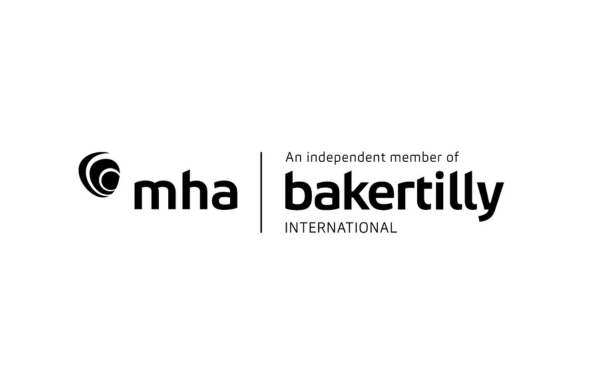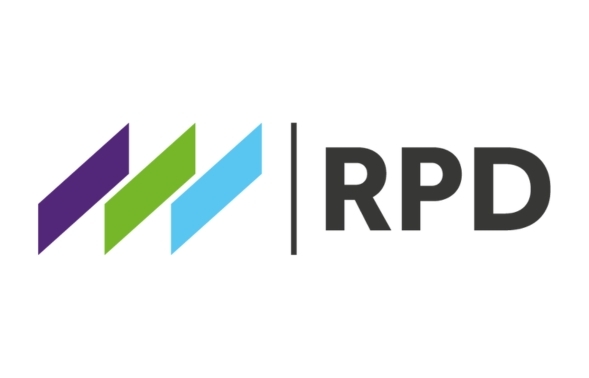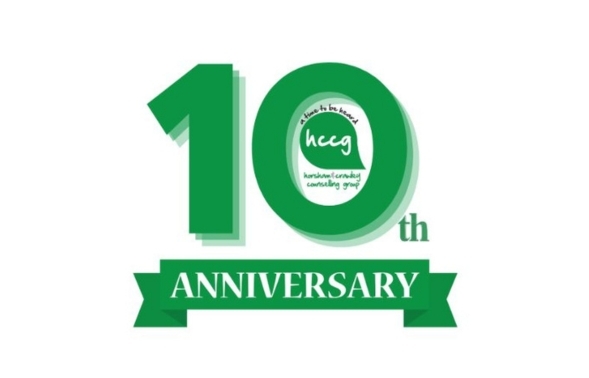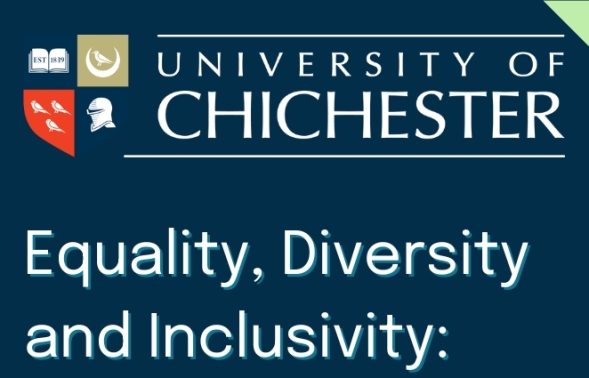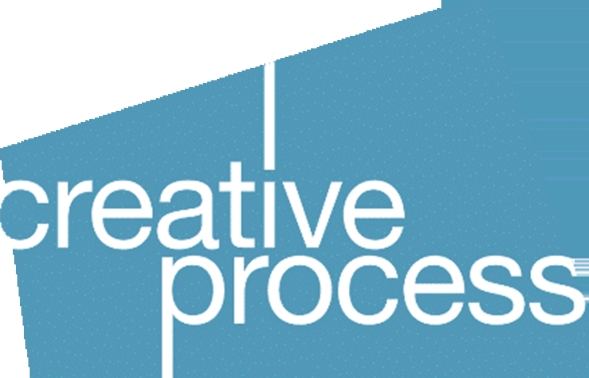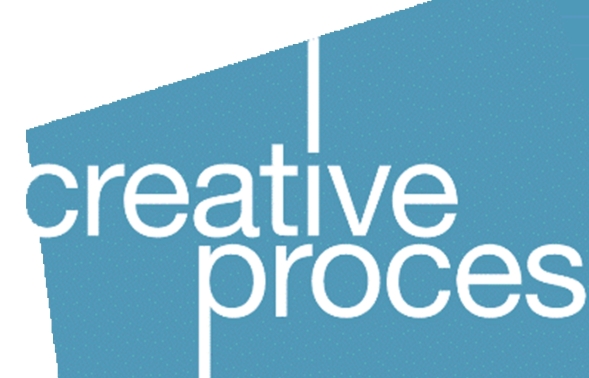We are delighted to have advised long time client, HIT Training Limited, on its transition to employee ownership. Noel Ruddy, who led the team at PDT said: "John Hyde and Jill Whittaker, respectively the proud holders of a CBE and OBE for services to education and training, have always believed that the success of HIT Training was down to their people and culture. The transfer of a controlling interest to the HIT Training Employee Ownership Trust is, therefore, a natural one which will ensure their culture of collaboration and inclusivity continues to benefit the employees who have made HIT Training the hugely successful business it is today."

"This was a challenging journey for us and needed steady hands. Noel has been a sounding board for many years and originally suggested the EOT to us. Noel and his team expertly guided us through the company law aspects of the transition to an EOT and I would recommend PDT to any business wanting advice on how EOTs can be used. Thank you to the team for all your hard work and support."
Jill Whittaker, Managing Director, HIT Training Limited
HIT Training is a national provider of apprenticeships and vocational training spanning three specialist divisions - HIT Training (hospitality, catering and retail sectors), Connect2Care (adult care, healthcare, funeral and early years sectors) and EDN Training (developing the skills and knowledge of managers, leaders and educators).
This is a significant and important transaction because it's the first time a company in the hospitality training sector has transferred a controlling interest to an Employee Ownership Trust (EOT). The principal shareholder and founder, John Hyde CBE, wanted to ensure that following his planned retirement as Chairman the business would continue to maintain its independence and at the same time give back value to employees in return for their loyalty. At the time of the transition the company employed over 350 people.
On the transfer to employee-ownership Noel said: "The setting up of an EOT is a complex matter from both a legal and tax perspective. There are specific rules and statutory requirements that must be adhered to in order to derive the tax benefits afforded to shareholders by the Finance Act 2014. In this transaction, a number of specific company law issues needed careful consideration before the transfer to the EOT could take place including relevant changes to the company's constitution to ensure it complied with EOT legislation which, amongst other things, requires the EOT to have a controlling interest in the company at all times."
Led by Noel Ruddy the team of lawyers who worked on the transaction included Rebecca Glazebrook, Sian Webber, Emily Parry and Edward Clark. Tax and specialist support on EOT structures was provided by Grant Thornton.
Interest in employee owned status has increased significantly over the last few years. However, whilst selling a controlling interest to an EOT can give certain sellers total relief from capital gains tax and employees can benefit from tax free bonuses, an EOT will not suit every business and there are many issues that need detailed consideration.
If you would like to find out more about EOTs then please get in touch.
